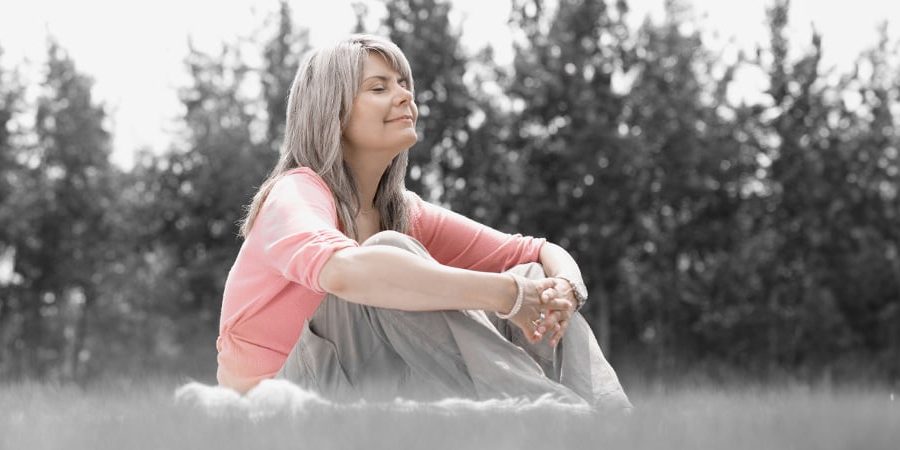Perimenopause is a transitional phase for women, often marked by physical and psychological changes that can affect overall wellbeing. Fitness professionals play a crucial role in supporting their perimenopausal clients. A recent study titled “Mechanisms of improved body composition among perimenopausal women practicing Meditative Movement: a proposed biobehavioural model” offers valuable insights into how exercise, particularly Meditative Movement practices like tai chi, qigong, and yoga, can be beneficial during this phase.
Understanding Perimenopause
Perimenopause involves hormonal fluctuations that can lead to changes in body composition, mood, and energy levels. Fitness programmes for perimenopausal women should address these changes holistically, focusing not just on physical fitness but also on psychological and emotional wellbeing.
The Role of Meditative Movement
Meditative Movement practices, which include tai chi, qigong, and yoga, are characterised by mindful movements, focused breathing, and mental concentration. These practices can help in managing stress, improving mood, and enhancing body awareness – all crucial for perimenopausal women.
Biobehavioural Approach
A biobehavioural approach considers the interplay between biological factors (like hormonal changes) and behavioural aspects (like lifestyle and exercise habits). This approach helps in creating a more personalised and effective fitness programme.

Periodised Programme for Perimenopausal Clients
Phase 1: Introduction to Meditative Movement (Weeks 1-4)
- Focus on gentle yoga, tai chi, or qigong sessions.
- Emphasise breathing techniques and body awareness.
- Include low-impact strength training and flexibility exercises.
Phase 2: Building Strength and Flexibility (Weeks 5-8)
- Gradually increase the intensity of yoga or tai chi practices.
- Introduce moderate strength training exercises.
- Continue with flexibility and balance exercises.
Phase 3: Enhancing Cardiovascular Health (Weeks 9-12)
- Incorporate aerobic activities like brisk walking or cycling.
- Maintain a balance with Meditative Movement practices.
- Focus on exercises that improve heart health without excessive strain.
Phase 4: Maintenance and Mindfulness (Ongoing)
- Establish a routine that balances Meditative Movement, strength, flexibility, and aerobic exercises.
- Encourage mindfulness and stress management techniques.
- Adapt the programme based on the client’s evolving needs and responses.
Fitness professionals can significantly impact the health and wellbeing of perimenopausal women by incorporating Meditative Movement and a biobehavioural approach into their fitness programmes. This holistic approach not only addresses physical health but also supports psychological and emotional wellbeing during perimenopause.
References:
- James, D. L., Larkey, L., Evans, B., et al. (2023). Mechanisms of improved body composition among perimenopausal women practicing Meditative Movement: a proposed biobehavioural model. Menopause. Click here to review the full research article
Give Quality of Life to Perimenopausal Clients & Teach Yoga
Embark on a transformative journey with our Diploma in Teaching Yoga, meticulously designed for those passionate about guiding others through the enriching world of yoga. This comprehensive programme is especially relevant in light of recent studies, such as the one titled “Mechanisms of improved body composition among perimenopausal women practicing Meditative Movement“, which highlights the profound impact of yoga and similar practices on physical and mental wellbeing during crucial life transitions like perimenopause. As a graduate of this diploma, you’ll not only master the art and science of yoga but also gain the skills to support a diverse range of clients, empowering them to achieve holistic health and balance in their lives. Get started today and become a catalyst for positive change and a beacon of wellness in your community.
Yoga Instructor Training Course – In-Person & Live-Virtual
